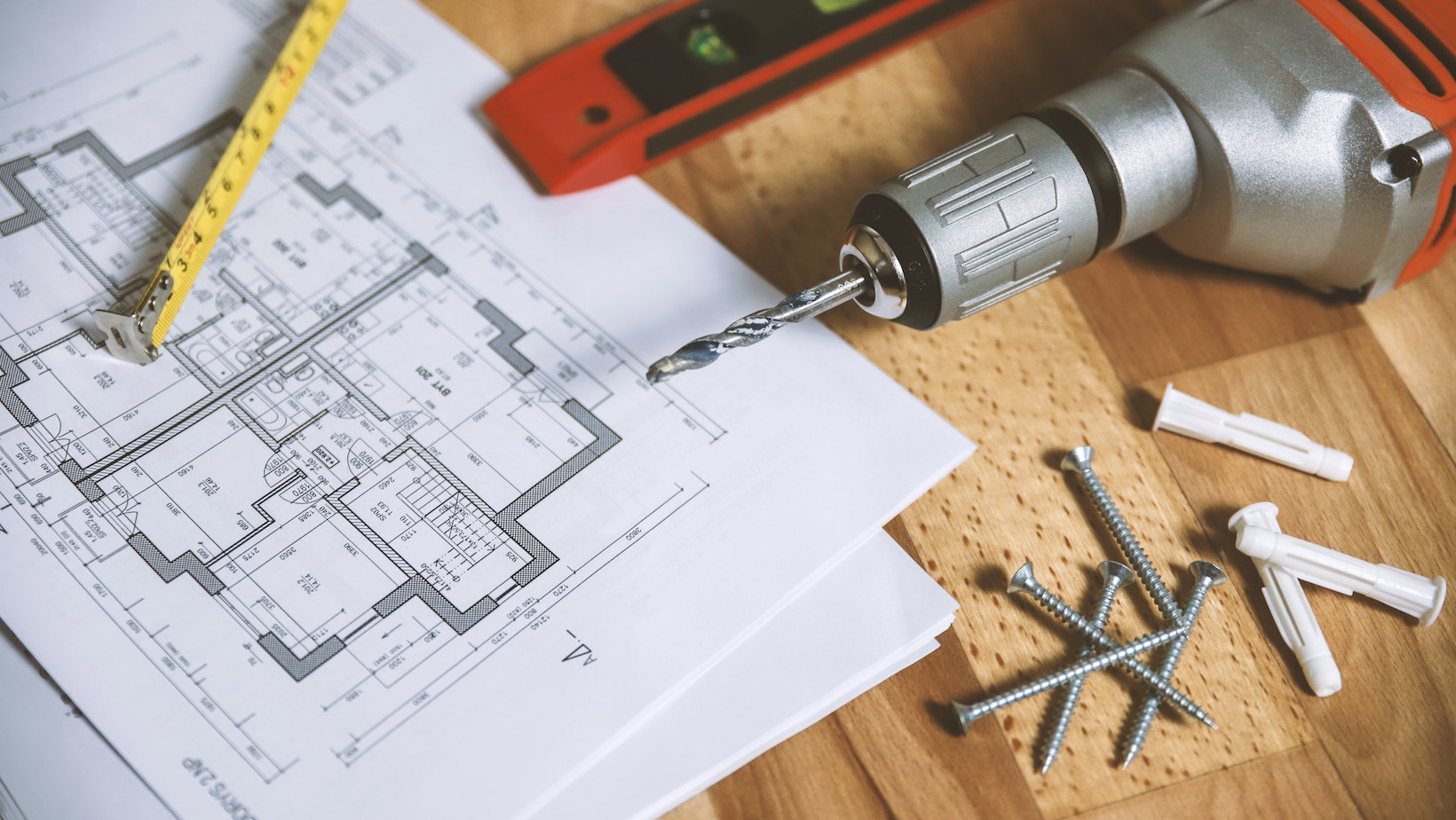
Adding an addition to your home may be an exciting project for you. Perhaps you would like to add a sunroom, an extra bedroom, or a larger kitchen. Let’s take a look at three crucial factors before diving into the world of blueprints and construction crews. The permits, the homeowners insurance, and the home equity value are three crucial factors to consider.
Permits: Navigating the Red Tape
You’ll likely need permits before you knock down walls or pour concrete. Permits are essentially the green light from your local government, ensuring that your home addition complies with building codes and zoning regulations. Here’s what you should know:
Building permits: These are the most common permits you’ll need. To ensure buildings are safe, local building departments check and examine different parts of the construction, like foundations, framing, electrical, plumbing, and HVAC systems.
Zoning permits: Zoning laws regulate land use in specific areas. Make sure to adhere to local zoning regulations, which dictate factors such as building height, distance from property lines, and exterior materials.
Environmental permits: If your home addition project involves significant earthwork or impacts on the environment, you may need environmental permits. These could include permits for excavation, tree removal, or even permits related to potential impacts on local wildlife.
Homeowner’s Insurance: Protecting Your Investment
By adding an addition to your home, you boost its value. To ensure your investment is adequately protected, you should analyze your homeowner’s insurance policy. Here’s what to consider:
Increased replacement cost: As you add square footage and enhance your property’s value, your home’s replacement cost will increase. Ensure your insurance coverage reflects this increase to avoid being underinsured in a disaster.
Renovation coverage: Check if your policy includes renovation coverage. Renovations may be covered by your policy, but you may need to purchase additional coverage during construction to protect against accidents or damage.

Liability coverage: Accidents can happen when you have contractors working on your property. Ensure that your liability coverage is sufficient to protect you if someone gets injured during construction.
Consult with your insurance provider to discuss your specific project and make any necessary adjustments to your policy. It’s better to be over-insured than under-insured when protecting your home.
Home Equity Value: A Wise Investment
One of the primary motivations for adding an addition to your home is to increase its value. However, not all additions yield the same return on investment (ROI). Here are some tips:
Evaluate your goals: Determine whether you’re adding extra space for your family’s enjoyment or to boost your home’s resale value. Your motivations will influence your design choices.
Cost vs. value: Think about the cost of the addition as well as the potential increase in value. Adding a bathroom or designing a new kitchen can provide a higher return on investment than other projects.
Professional advice: Consult a real estate agent or appraiser familiar with your local market. They can provide insights into which types of additions are in high demand and likely to yield the highest ROI.

Keep in mind that adding an addition is not just about finding a quick return on investment. Additionally, it makes your home more functional for your needs and improves your quality of life as well. Before you hire a contractor, consider these important factors to ensure a smooth project.





